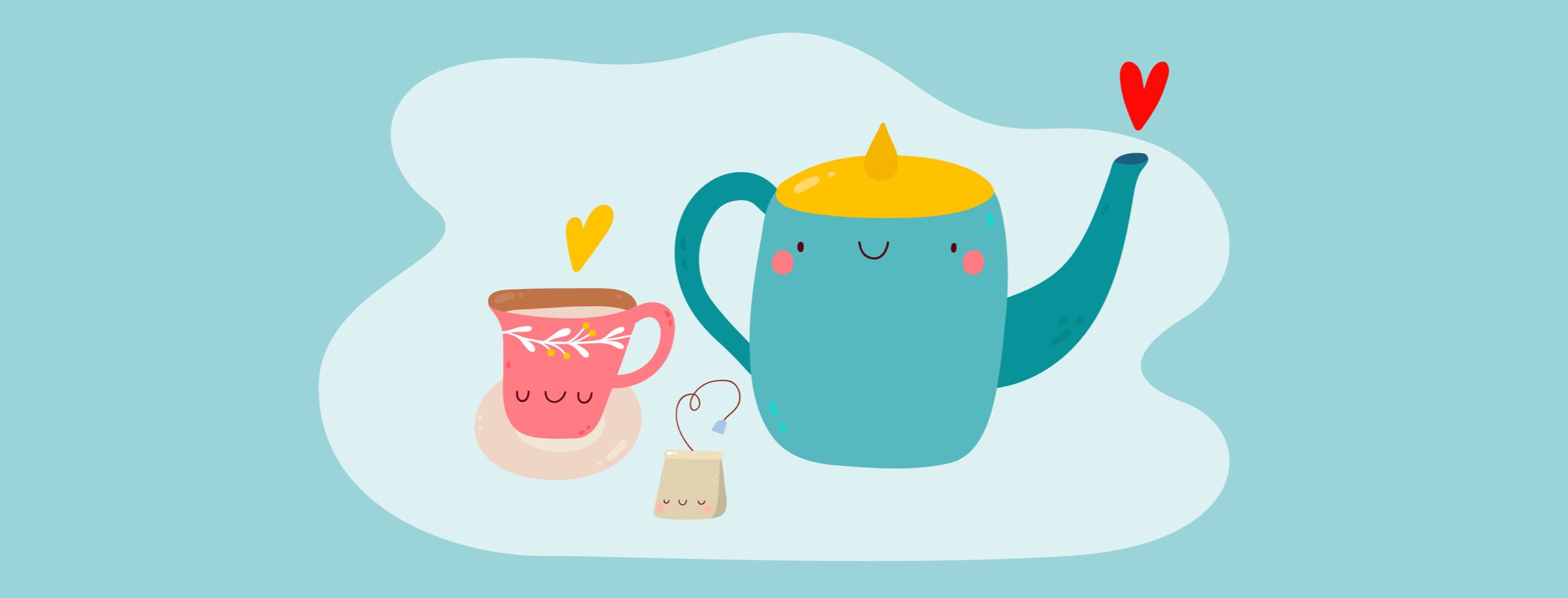When Our Adult Children Are Involved In Our Caregiving
So my eldest son had returned to our family home just a few months before my cancer diagnosis.
I was feeling pretty rotten - no appetite, weak, poor sleep pattern and so, so tired.
The positive effectsBut I have to say, his returning home did “buck” me up somewhat. There was someone in the house with me as my husband was out of the house early in the morning and didn’t arrive home until around 6:30 in the evening. Plus it gave me the incentive to try my hardest to keep positive and upbeat for him. I didn’t want him to see how rotten I really felt.Deteriorating healthAs the weeks went by, my health deteriorated quite rapidly. I was so fatigued all of the time. I felt nauseous and just so generally weak. I was becoming almost bedbound due to the lack of energy.My son was great; he would make me cup after cup of tea and bring it upstairs into the bedroom for me. Then he would lay on the bed next to me with his laptop and do his work while still being with me.I got great comfort from him just being there. I didn’t feel quite so alone and isolated.Taking over the household responsibilitiesHe started to do the household shopping, prepare meals for when his Dad got home from a hard day's work at the office. He would go out almost daily and come back with some sort of “goodies” to try and entice me to eat.Then came the bladder cancer diagnosis, and finally, we had the answer as to why I had been feeling so rotten. In some ways, it was a relief as I knew something was wrong with me, I just didn’t have a clue what it was.Initially, my diagnosis put a “strain” on all of us. We didn’t know at this point what lay ahead. My son would spend most of his day laid on the bed next to me, working away on his laptop. He would stop every now and then, and we would chat. That boy made me laugh every single day.He had now also started to do the laundry along with all of the general housework. He did this without ever being asked.He would also organize my repeat prescriptions and fight for my “doctor's sick note certificate”. He had become an absolute angel.Concern for my sonBut I worried about him. He could do his work from home, yes. But with all these extra responsibilities, he had taken on running our household. I worried that it was too much for him. So I employed a cleaner to come and do a “deep clean”. She cleaned every room in the house, windows and all. But my son wouldn’t allow her back, as he said we couldn’t afford it, and he was more than happy to continue doing what he’d been doing.We spoke openly about my cancer, and he read every bit of information he could get his hands on just so he could understand and support me.Continuing careHe continued being my “primary carer” throughout my various treatments. He “wanted” to do this. After surgery when I came home, there was clean fresh bedding on the bed and nice smelling candles had been lit. The room was spotlessly clean, with some magazines and a box of maltesers (my favorite) at the side of the bed.He welcomed me home with a big smile and a gentle hug. He continued his role as carer and housekeeper as I slowly regained my strength. I then started to be able to do the little things. So I would make “the cuppa” for him and take it to him.Although none of us set out knowing what an important role he would end up playing in our family, he did it naturally, without ever complaining or doubting the impact of my condition. We were always a close family, but I have to say, my cancer brought us even closer together. I will always be eternally grateful for what my son did for me. I love him with all of my heart.
This article represents the opinions, thoughts, and experiences of the author; none of this content has been paid for by any advertiser. The BladderCancer.net team does not recommend or endorse any products or treatments discussed herein. Learn more about how we maintain editorial integrity here.

Join the conversation